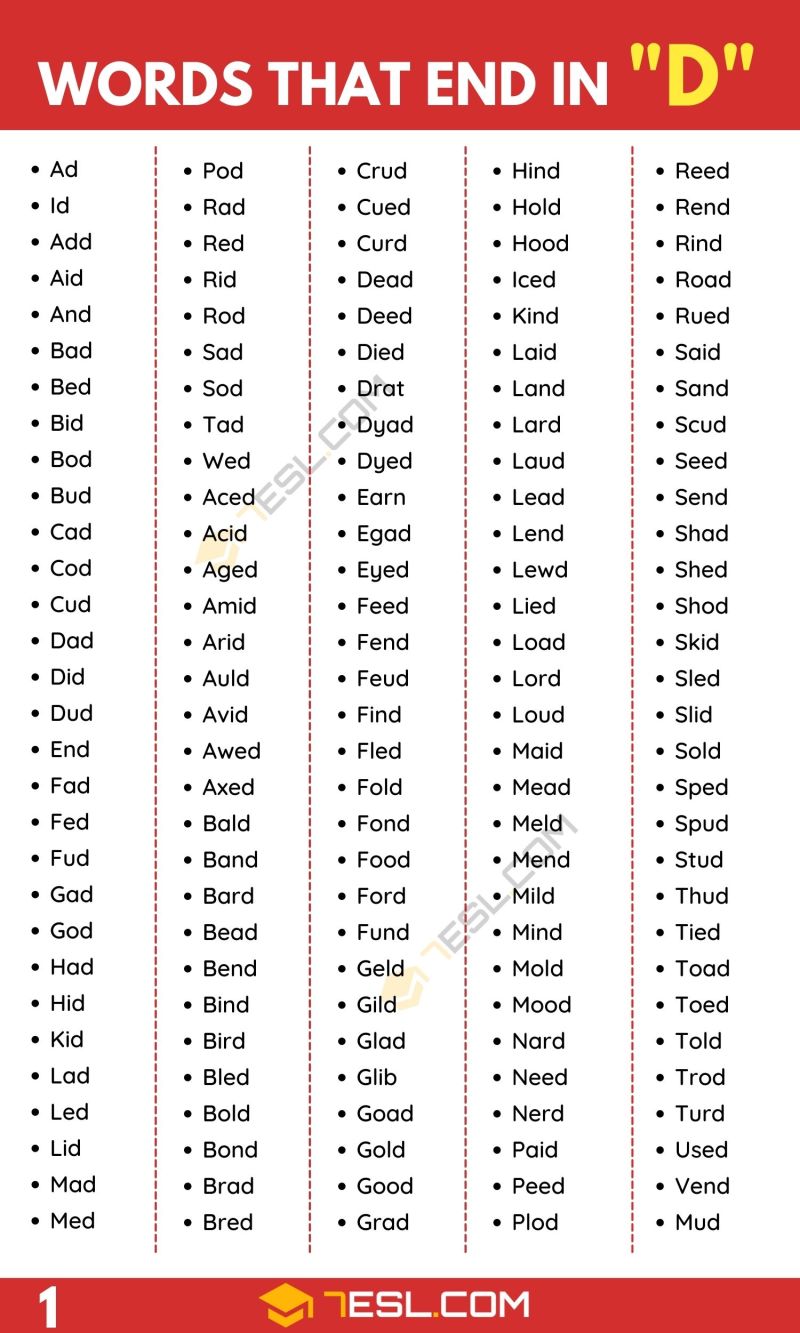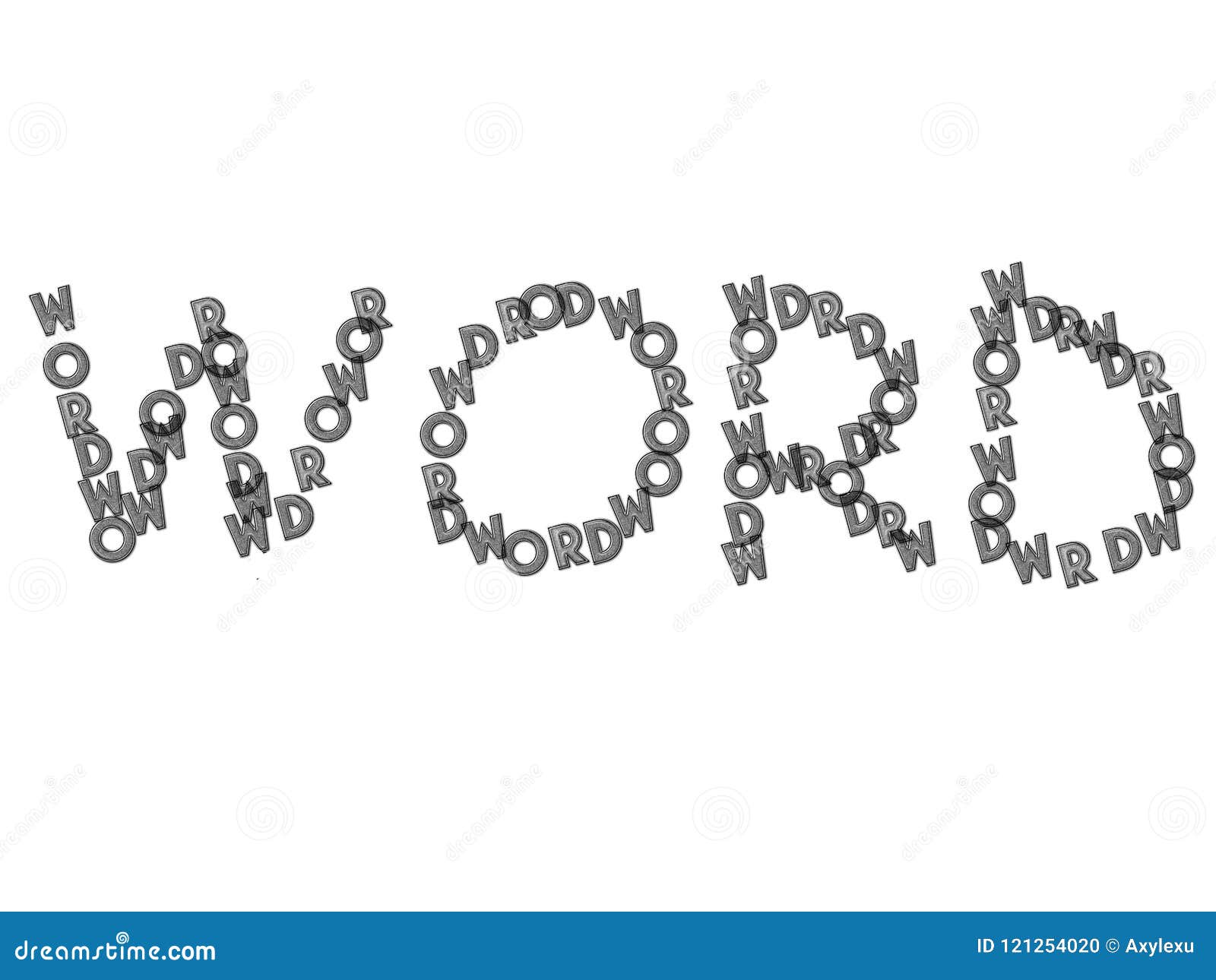What Words Can Be Made From These Letters? Unlocking The Secrets Of Word Combinations
Ever wondered how many words you can create from a set of letters? Well, buckle up because we're diving deep into the world of word puzzles, anagrams, and linguistic magic. Whether you're a word enthusiast, a Scrabble champion, or just someone who loves playing with language, this article will blow your mind. So, what words can be made from these letters? Let's find out together.
Picture this: you're sitting at home, staring at a bunch of random letters on a Scrabble board or a crossword puzzle. Your brain starts racing, trying to piece together something meaningful. That's where the magic happens. Word creation is like solving a mystery, and the letters are your clues. In this article, we'll explore the fascinating world of word combinations, helping you unlock new possibilities.
Now, why is this important? Well, whether you're competing in a word game, brainstorming creative ideas, or just trying to impress your friends, knowing how to make words from a set of letters can be a game-changer. So grab your favorite drink, settle in, and let's explore the endless possibilities together.
- Yasmeen Ghauri Daughter The Rising Star In The Spotlight
- Joe Metheny The Man Whorsquos Making Waves In The Music Scene
What Words Can Be Made from These Letters? A Beginner's Guide
Let's start with the basics. When someone asks, "What words can be made from these letters?" they're usually referring to creating meaningful words from a given set of characters. This process involves rearranging the letters, combining them in different ways, and sometimes even removing or adding letters to form new words. It's like building blocks for language enthusiasts.
For example, if you have the letters "L, E, T, R," you could create words like "LET," "RET," or even "TRE." The possibilities depend on the length of the word, the arrangement of the letters, and the rules of the game you're playing. Simple, right? But wait, there's more!
Understanding Word Combinations
Word combinations are like puzzles waiting to be solved. Each letter has its own value and potential, and when combined with others, it can form something entirely new. Think about Scrabble, where players earn points based on the words they create. The longer and more complex the word, the higher the score. But it's not just about winning; it's about expanding your vocabulary and sharpening your mind.
- Winnebago County Court Records Your Ultimate Guide To Accessing Public Legal Documents
- Stl Armslist The Ultimate Guide To Buying And Selling Firearms In St Louis
Here are some tips to help you get started:
- Start with short words and gradually move to longer ones.
- Experiment with different letter arrangements.
- Use online tools or apps to assist you in finding possible combinations.
- Practice regularly to improve your skills.
The Science Behind Word Creation
Now that we've covered the basics, let's dive deeper into the science behind word creation. Linguists and language experts have studied this phenomenon for years, uncovering fascinating insights into how humans form words and understand language. It's not just about random combinations; there's a method to the madness.
According to research, the human brain processes language in complex ways, using patterns, context, and memory to make sense of words. When you're trying to create words from a set of letters, your brain goes through a series of steps: identifying the letters, analyzing possible combinations, and filtering out invalid options. It's like a mini-computer inside your head!
Breaking Down the Process
Here's a breakdown of how the word creation process works:
- Letter Identification: Recognizing the individual letters and their properties.
- Combination Analysis: Exploring all possible arrangements of the letters.
- Validation: Checking if the resulting combinations form valid words.
- Selection: Choosing the most suitable or meaningful words from the list.
This process might sound complicated, but with practice, it becomes second nature. Plus, the more you engage in word games, the better your brain gets at recognizing patterns and forming connections.
Tools and Resources for Word Enthusiasts
If you're serious about improving your word creation skills, there are plenty of tools and resources available to help you along the way. From apps to online dictionaries, the options are endless. Here are a few recommendations:
- Word Unscrambler Apps: These apps allow you to input a set of letters and generate a list of possible words. Some even provide definitions and usage examples.
- Online Dictionaries: Websites like Merriam-Webster or Oxford English Dictionary can help you verify the validity of words and learn more about their meanings.
- Language Forums: Joining online communities of word enthusiasts can be a great way to exchange tips, tricks, and strategies.
Remember, the key is to practice regularly and stay curious. The more you explore, the more you'll discover about the world of words.
What Words Can Be Made from These Letters? Exploring Advanced Techniques
Once you've mastered the basics, it's time to take your word creation skills to the next level. Advanced techniques involve thinking outside the box, using creative strategies, and leveraging technology to enhance your abilities. Let's explore some of these techniques in detail.
Using Prefixes and Suffixes
One of the most effective ways to expand your word repertoire is by using prefixes and suffixes. These small additions can transform a simple word into something entirely new. For example, adding "un-" to "happy" creates "unhappy," while adding "-ness" to "kind" creates "kindness." The possibilities are endless!
Here are some common prefixes and suffixes to get you started:
- Prefixes: un-, re-, dis-, pre-, pro-
- Suffixes: -ness, -ful, -less, -able, -ion
Experiment with these combinations and see how they change the meaning of your words. It's like giving your vocabulary a superpower!
Word Games and Challenges
Word games are not only fun but also incredibly effective in improving your word creation skills. Whether you're playing Scrabble, Boggle, or Crosswords, each game offers unique challenges that help you think critically and creatively. Here are a few popular word games to try:
- Scrabble: A classic board game where players create words using letter tiles.
- Boggle: A fast-paced game where players find words in a grid of letters.
- Word Ladder: A puzzle where you transform one word into another by changing one letter at a time.
Engaging in these games not only sharpens your mind but also makes learning enjoyable. Plus, who doesn't love a friendly competition?
What Words Can Be Made from These Letters? Real-Life Applications
While word creation might seem like a fun pastime, it has real-life applications that go beyond games and puzzles. From marketing to creative writing, the ability to manipulate words and create meaningful combinations is a valuable skill. Let's explore some of these applications:
Marketing and Branding
In the world of marketing, wordplay is a powerful tool. Companies often use clever combinations of letters to create memorable brand names, slogans, and taglines. For example, "Just Do It" by Nike or "I'm Lovin' It" by McDonald's are iconic phrases that stick in our minds. By experimenting with different word combinations, marketers can craft messages that resonate with their target audience.
Creative Writing
For writers, word creation is an essential part of the creative process. Whether you're writing a novel, poem, or article, the ability to form unique and meaningful words can elevate your work to new heights. Experimenting with different combinations can lead to unexpected discoveries and inspire fresh ideas.
Common Mistakes to Avoid
As with any skill, there are common mistakes that beginners often make when it comes to word creation. Here are a few to watch out for:
- Overcomplicating: Sometimes, the simplest word is the best option. Don't get too caught up in trying to create complex combinations.
- Ignoring Context: Always consider the context in which the word will be used. A word that works in one situation might not make sense in another.
- Forgetting Rules: While creativity is important, it's also crucial to follow basic spelling and grammar rules to ensure your words are valid.
By avoiding these mistakes, you'll be able to focus on creating meaningful and impactful words.
What Words Can Be Made from These Letters? Final Thoughts
So, there you have it – a comprehensive guide to creating words from a set of letters. Whether you're a word game enthusiast, a creative writer, or just someone who loves language, this skill can open up a world of possibilities. The key is to practice regularly, stay curious, and never stop exploring.
Before we wrap up, here's a quick recap of the main points:
- Word creation involves rearranging letters to form meaningful combinations.
- There are various tools and resources available to help you improve your skills.
- Advanced techniques like using prefixes and suffixes can expand your vocabulary.
- Word games and challenges are a fun way to sharpen your mind.
- Word creation has real-life applications in marketing, branding, and creative writing.
Now, it's your turn! Take what you've learned and start experimenting with your own word combinations. Who knows, you might just discover something amazing. And don't forget to share your creations with others – the more we learn together, the better we become.
Call to Action
Ready to take the next step? Leave a comment below sharing your favorite word combinations or challenges you've faced while creating words. Let's build a community of word enthusiasts who inspire and support each other. And if you enjoyed this article, don't forget to share it with your friends and family. Together, let's unlock the magic of language!
Table of Contents
- What Words Can Be Made from These Letters? A Beginner's Guide
- The Science Behind Word Creation
- Tools and Resources for Word Enthusiasts
- What Words Can Be Made from These Letters? Exploring Advanced Techniques
- Word Games and Challenges
- What Words Can Be Made from These Letters? Real-Life Applications
- Common Mistakes to Avoid
- What Words Can Be Made from These Letters? Final Thoughts
- Call to Action



Detail Author:
- Name : Ruthie Bogisich
- Username : vkihn
- Email : dallas.hartmann@aufderhar.info
- Birthdate : 1986-01-03
- Address : 8920 Erin Prairie Suite 955 Schustershire, VT 58293-9251
- Phone : 1-307-942-1347
- Company : Marvin Ltd
- Job : Upholsterer
- Bio : Voluptates aliquam alias labore atque vel quia. Est aut at magni asperiores architecto quidem sit. Omnis esse natus ut ex voluptatibus.
Socials
tiktok:
- url : https://tiktok.com/@joelle379
- username : joelle379
- bio : Veniam pariatur omnis facilis aut non natus autem.
- followers : 4118
- following : 2261
twitter:
- url : https://twitter.com/gutkowski2020
- username : gutkowski2020
- bio : Cumque numquam veniam ut aperiam quas ea. Quo aliquam numquam velit et ratione. Animi ullam aperiam dolore.
- followers : 6133
- following : 11
linkedin:
- url : https://linkedin.com/in/gutkowski2011
- username : gutkowski2011
- bio : Ut expedita debitis et et.
- followers : 5140
- following : 2284
facebook:
- url : https://facebook.com/joelle.gutkowski
- username : joelle.gutkowski
- bio : Quae omnis doloremque occaecati. Non consectetur et impedit saepe et et.
- followers : 3492
- following : 49
instagram:
- url : https://instagram.com/gutkowski2001
- username : gutkowski2001
- bio : Est maiores cupiditate odit sequi odit. Libero est libero et eum culpa aliquam.
- followers : 6509
- following : 2957